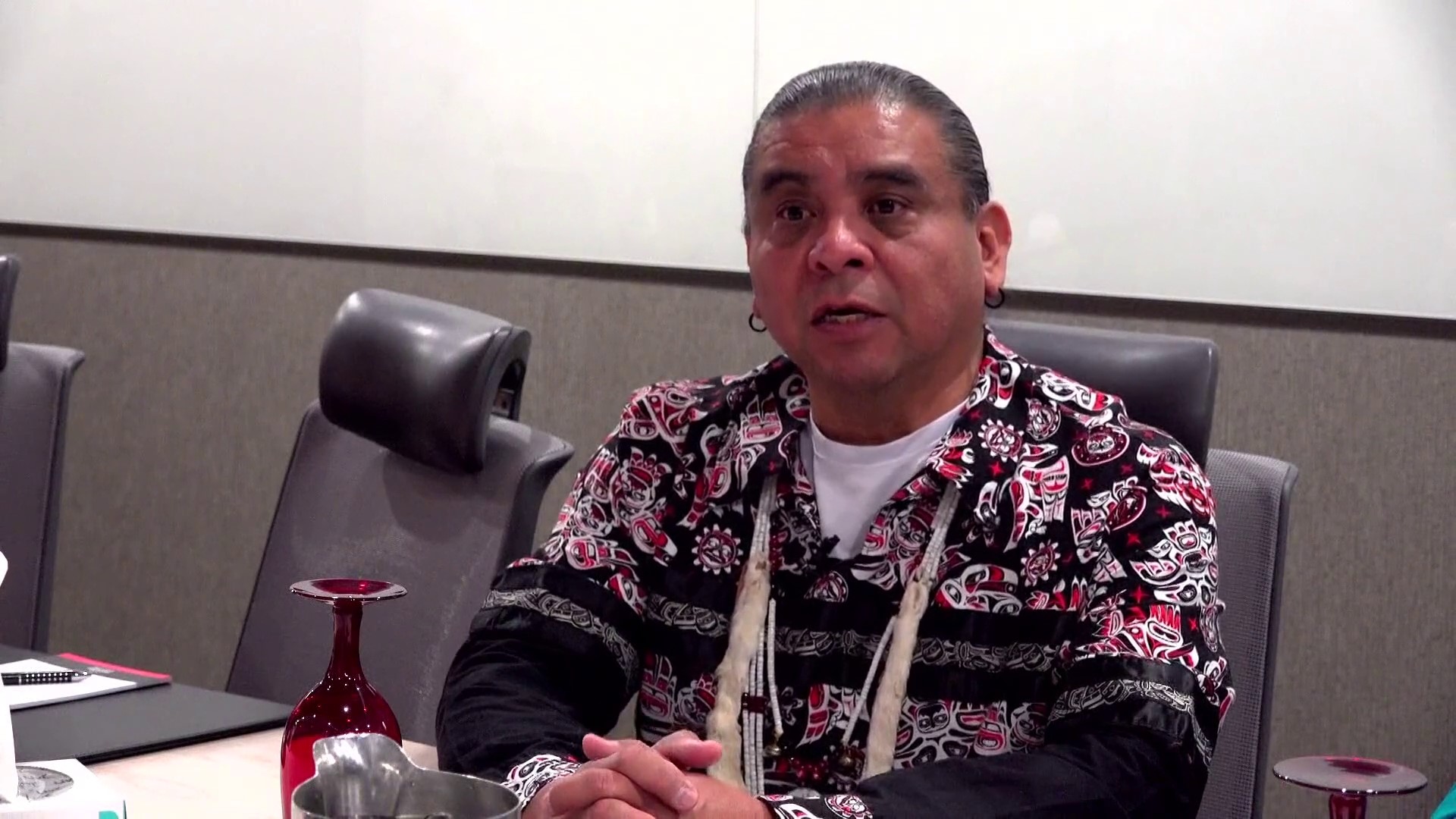TULALIP, Wash. — Tribal nations from across the Northwest and representatives from several supporting groups joined together in-person and virtually for the R.U.N. in Unity Convening conference, hosted at the Tulalip Resort & Casino Nov. 1-2.
The gathering was formed to "amplify voices and urgency behind making changes in the Northwest to recover and restore salmon in the Lower Snake River and Columbia Basin," according to a news release.
Many attending the conference said they hoped to give voice to the land and remind all decision-makers about the importance of protecting it.
"The message that I see is, us here as human beings, as traveled people, to be able to speak on the rights of our water, our salmon, our orcas," said Carlos Calica of the Confederated Tribes of Warm Springs. "The animals in the water can't speak. It's our way of life and our beliefs that we can relate ourselves to the gifts that were given to us from our creator, and speak for them."
Representatives at the conference stressed that there is no time to waste, saying some salmon runs are already dwindling and warming temperatures as a result of climate change are putting species at risk.
"I would like people to understand: this is not just a tribal issue," said Nakia Williamson of Nez Perce Tribe. "This is not just a Northwest issue. This is an issue related to all of life, all of humanity."
Among the solutions discussed was a push to remove dams along the Lower Snake River, which many tribes say would remove a bottleneck for salmon. Opponents of removing the dams say it would have significant negative effects for power generation and agriculture, and believe the money could be better spent on other projects for salmon recovery.
"The fixation on tearing down the Snake River dams can lead us to a place where we waste a huge amount of money in one place and let salmon runs go extinct or risk extinction in many other places," said Todd Myers, environment director for the Washington Policy Center.
JoDe Goudy of the Yakama Nation, said the federal government should bring those impacted into the conversation and find alternative solutions.
"This is a resource question," Goudy said. "The United States has the resources to offset those concerns and develop a future in which we all win- including those who have great concerns about what their livelihoods look like, especially in regards to power generation and navigation of agriculture — all things which are very important within society."
Many other issues were also top of mind. Arnold Thomas of the Shoshone-Paiute Nations drew attention to the effects of mining on land and called on spiritual leaders to influence politicians to devote themselves to protecting the environment.
"What are going to leave for our children, grandchildren, seven generations into the future?" Thomas said. "Will our children enjoy clean air, clean water?"

